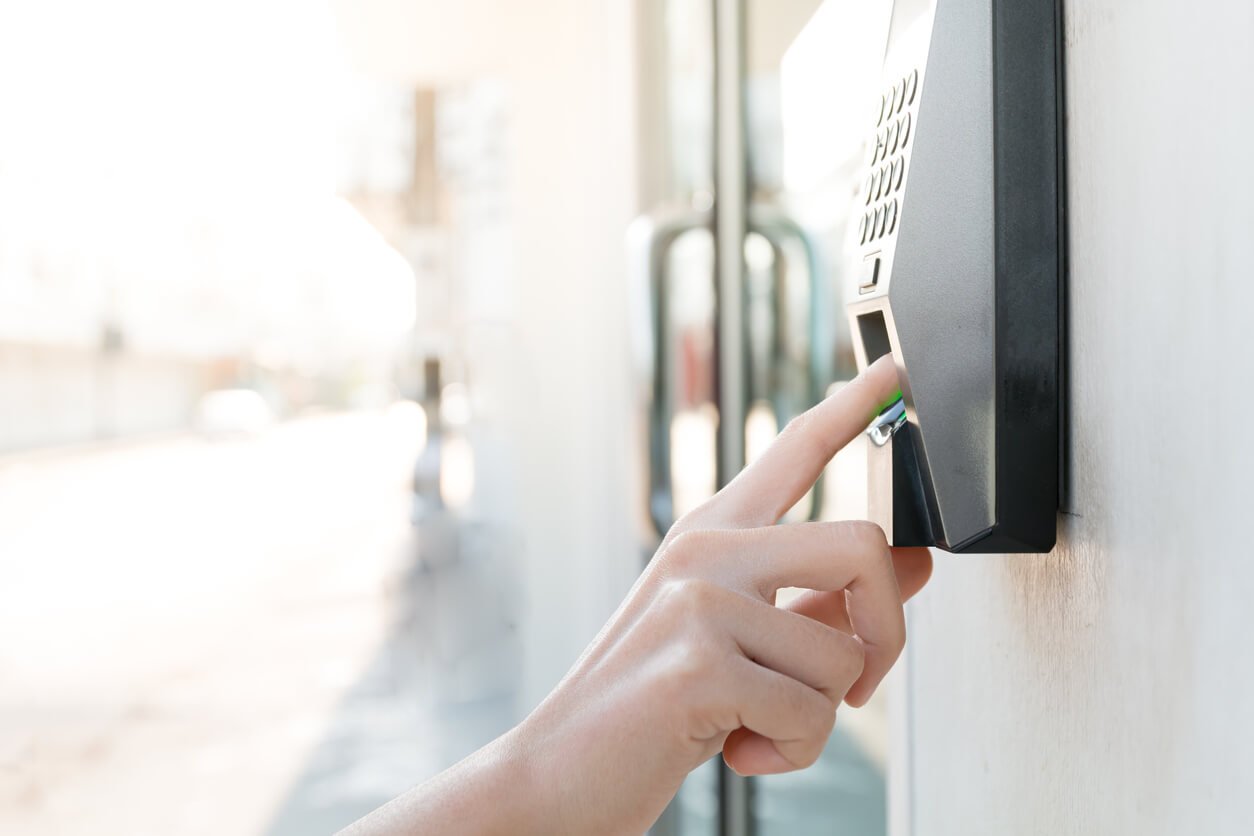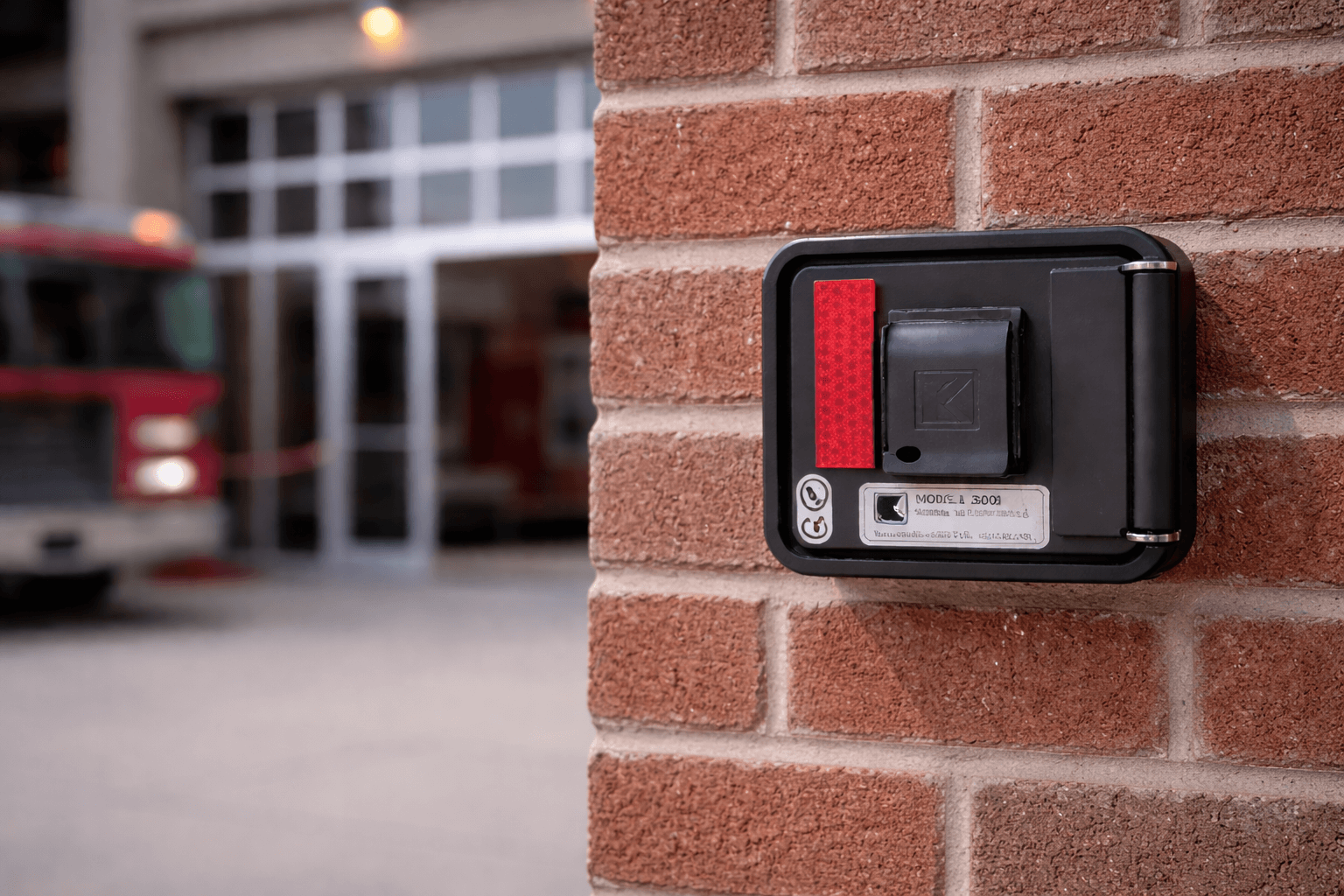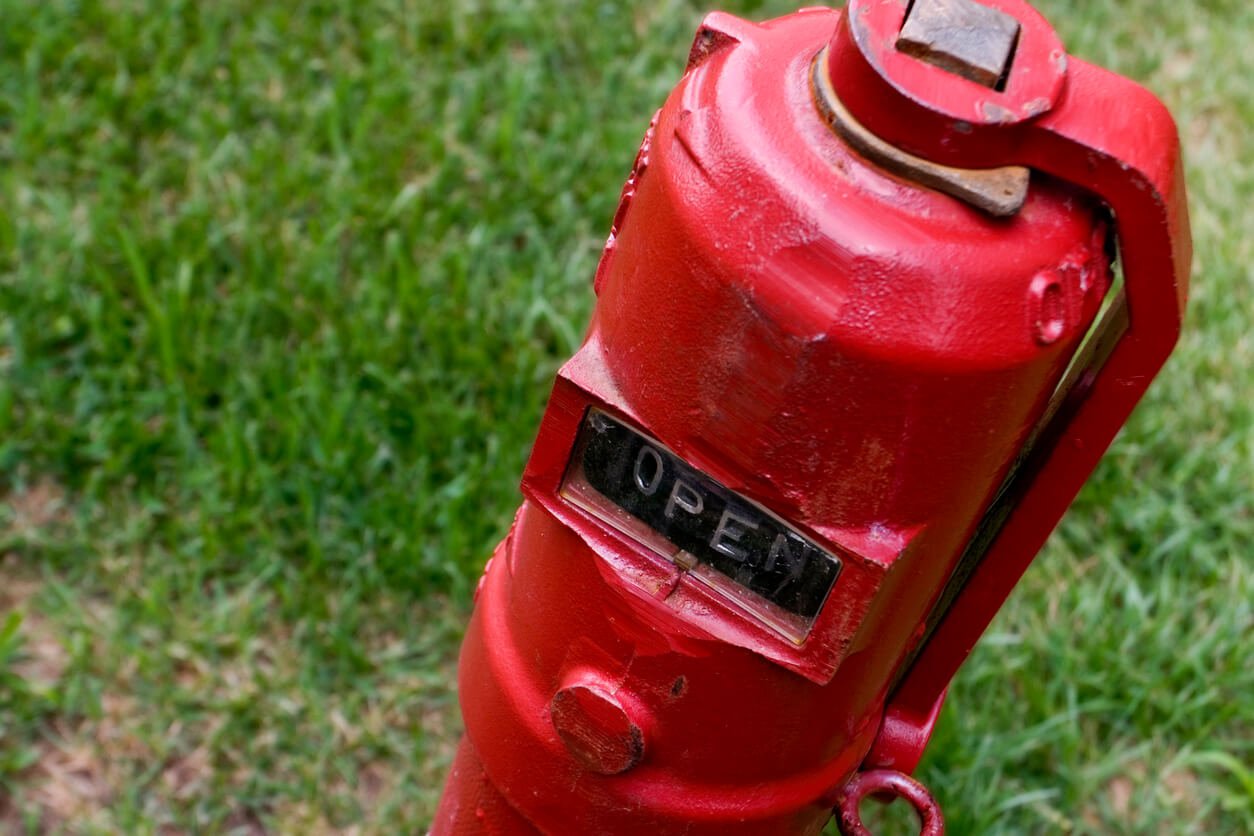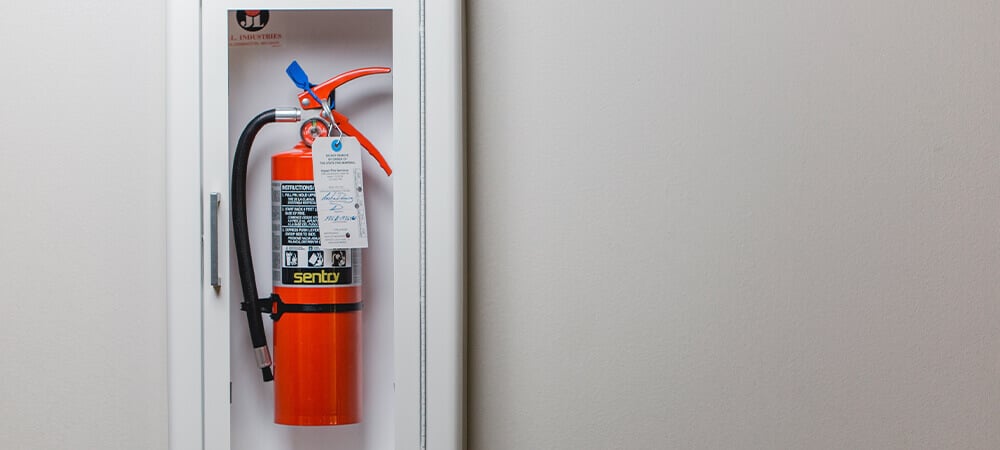What Is a Physical Security Assessment?
A physical security assessment is a comprehensive audit of a business’s physical security infrastructure and policies. The assessment evaluates systems and procedures and ends with actionable recommendations to help the organization mitigate future threats and strengthen its existing protocols.With a new year comes new challenges. When it comes to protecting your business in 2024, a physical security assessment is of the utmost importance. With an evolving list of threats and technological advancements, these assessments act as a critical tool to maintain robust safety protocols and strengthen an organization’s security standards.
Let’s explore physical security risk assessments, their significance, and why they’re indispensable for modern business security.
What is a Physical Security Assessment?
A physical security assessment is a thorough examination of an organization’s physical security measures. This often involves a multi-pronged approach to evaluation that covers a wide range of security aspects, including:
- Response procedures
- A facility’s structure and layout
- Existing business security systems
This assessment is crucial because it helps businesses identify vulnerabilities, reinforce security strategies, and ensure that everything from assets to personnel is safe and secure. The modern threat landscape is diverse and ever-changing, highlighting the value and necessity of physical security risk assessments in fortifying an organization against physical security breaches and threats to critical infrastructure.
5 Reasons for a Physical Security Risk Assessment
There are many reasons to request a thorough assessment of your organization’s physical security. Here is what you need to know.
1. Compliance with Evolving Laws and Regulations
Businesses face new legal and regulatory laws and frameworks in 2024. Regular physical security assessments help businesses adapt to changes like enhanced privacy laws and industry-specific security mandates like HIPAA. This proactive approach not only helps mitigate the risk of non-compliance but also strengthens a company’s corporate reputation.
2. New Crime Trends and Risks
The dynamic nature of crime and security threats make regular assessments a necessity. Twenty-eight percent of businesses saw a rise in physical security incidents in 2022, likely a result of remote and hybrid work leaving office spaces empty. Understanding and preparing for the latest crime trends, such as sophisticated cyber-physical attacks or increased insider threats, is crucial for effective risk management.
3. Leveraging Technology Advancements
The rapid pace of technological change is an opportunity to strengthen existing security systems and develop new ones. Tackling this year’s security challenges might involve implementing new strategies and security tools.
A security assessment offers insight into the threats an organization faces but also the solutions it can implement. Advanced technology integration might include AI-driven surveillance systems, biometric access controls, or Internet of Things (IoT) security solutions.
4. Infrastructure Upgrades
Physical security is dependent on robust infrastructure. An assessment can help identify areas of risk and help businesses build out their infrastructure to meet the security demands of 2024. During an assessment, a security expert will identify areas that need upgrades to enhance security and safety, ranging from reinforced entry points to advanced fire suppression systems.
5. Insurance Benefits
While a physical security risk assessment is a necessary element of staying compliant in some industries, it can also offer benefits in terms of insurance costs. Insurance companies often incentivize businesses that proactively manage their risks. A thorough assessment can lead to reduced insurance premiums or improved coverage options, making it not just a good decision from a safety and security perspective but also a financial one.
What to Expect During the Assessment Process
While a security company will often provide tailored solutions to meet the needs of the specific business, assessments often follow a specific process. Let’s explore those essential steps:
- Facility and Site Inspection - The assessment process starts with a thorough inspection of the premises. A security professional will evaluate the physical layout, security systems, and potential vulnerabilities of a company, checking things like emergency lights, entry points, and assessing the protection of critical assets.
- An Audit of Security Systems - Next, the security team will review existing measures like access controls, surveillance, and intrusion alarm systems. This will help them ensure these systems work properly and cover all the necessary areas without coverage gaps.
- A Review of Operating Procedures - The security company will examine an organization’s policies and emergency procedures. This involves ensuring procedures align with specific security goals, employee training is adequate and robust, and that emergency plans are clear and understood by all relevant personnel.
- Risk Identification - Every business faces a unique set of risks. For example, healthcare providers face different risks than a small-sized software company. These risks may be based on things like location, industry, or asset value. Regardless, an assessment can help identify these risks and focus security efforts more strategically.
- Assessment of Threats and Vulnerabilities - Finally, the assessment will focus on the threats that are most likely and could have the greatest impact. From here, the security team will work with internal stakeholders to develop strategies to address these vulnerabilities through improved security measures or policy changes.
Protect Your Business with a Physical Security Assessment
To face the challenges of 2024 and beyond, a physical security assessment is crucial. They help organizations take stock of their existing security procedures and policies and gain clarity on areas of improvement. These types of assessments are not a luxury; they’re a necessity. If your business is considering strengthening its security stance and policies, get in touch with an experienced security team to schedule an assessment.







